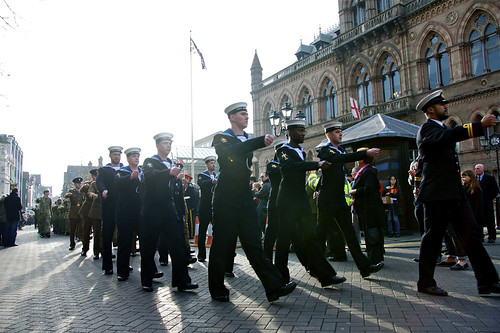Remembrance Day – Teaching Resources
Remembrance Day #RemembranceDay

What is Remembrance Day and Remembrance Sunday?
Remembrance Day, also known as Armistice Day, commemorates the end of World War One when an agreement to stop fighting was reached on the 11th hour, of the 11th day, of the 11th month in 1918. It is held to remember all those who have died in wars and marked by a two-minute silence at 11:00am.
Remembrance Sunday is the nearest Sunday to November 11th, when ceremonies are held in the United Kingdom and other Commonwealth nations and commemorates both World War One and Two and all conflicts since. Poppy flowers are worn as a symbol of remembrance, inspired by the poppies that grew on many battlefields in WW1 – as made famous by the war poem ‘In Flanders Fields.’ A two-minute silence is also observed at 11:00am on Remembrance Sunday.
When is Remembrance Day and Remembrance Sunday?
Remembrance Day takes place on 11 November each year and Remembrance Sunday takes place on the second Sunday of November each year.
Remembrance Day teaching resources
Below you will find a collection of teaching resources about remembrance, including assembly frameworks for primary schools, and the history of World War One and World War Two for use with both primary and secondary classes.
Remembrance – Literacy Live Lesson
We’re looking ahead to Remembrance Day 2023 with a thought-provoking literacy Live Lesson for primary schools on 8 November.
More than 100 years after the end of World War One, we’ll be asking ‘Why do we still remember?’ and exploring what Remembrance Day is through poetry and real-life accounts from veterans.
An expert poet will be on hand to share techniques and poetic devices, and children will come away inspired to write their own poems and reflective pieces.
This 30-minute programme will be available to watch via BBC Teach on this page and on the CBBC channel.